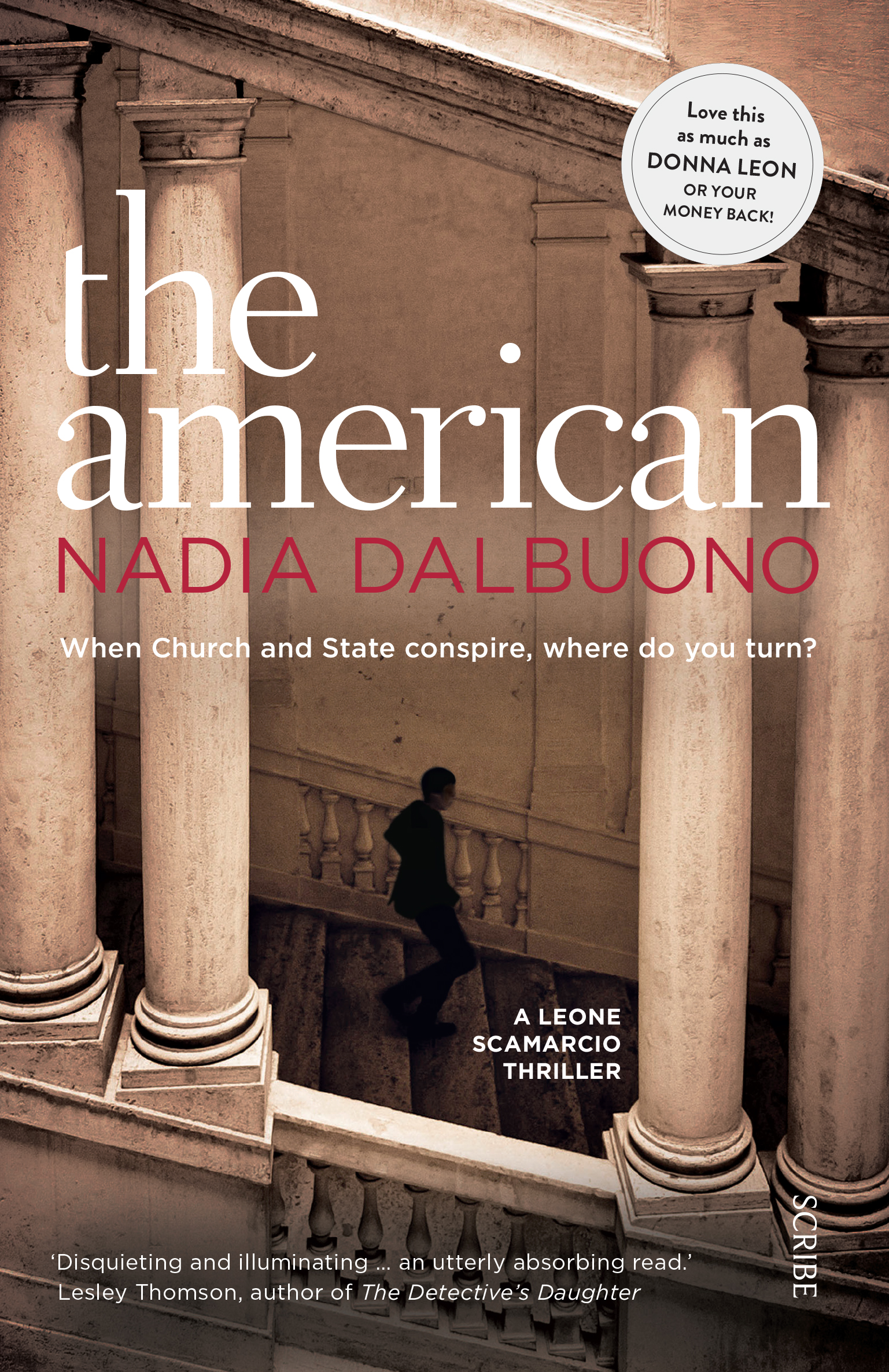"The American", Nadia Dalbuono
Italy's an odd place.It's rightly seen as one of the cradles of civilisation, it was a founding member of the European Union, and it's one of the largest economies in the world.
Despite all this Italy maintains a feel and reputation of somewhere a lot grittier. Perhaps it's the legacy of the extreme left and right wing politics of the 20th century, what we could see as long shadow of 'the mafia', and the overall ramshackle nature of their companies and politics, but Italy feels profoundly different to much of the rest of established Europe.
I'm minded of talking to an Italian friend after rashly purchasing a used (but still over specified) La Pavoni espresso machine a few years ago; he encouraged me to look after it, because along with the Vespa scooter and the original Fiat 500 it summed up what good Italian engineering was, and properly maintained would persist long after Italy had collapsed under its own contradictions.
It's something you can feel on the ground. Working with the technology companies of Bologna and Modena they will sigh if you say need an NDA signed - that will involve getting 'corporate' involved, and thus nothing will happen. Driving through the dramatic hills on the Umbrian-Tuscan border north of Lake Trasimene you periodically catch glimpses on side roads of exotically garbed women on plastic chairs, familiar perhaps outside Naples or Brindisi, but surprising on the edge of Chiantishire. It should be no surprise that Italy provided a fertile ground for Dibdin, Hewson, and Leon, so in this light is there scope for something new?
Nadia Dalbuono's first Leone Scamarcio novel, 2014's The Few, introduced the suitably complicated Leone Scamarcio and insight into seamy underbelly of Italy. Fusing a sprawling political sex scandal into the rich backdrop of Rome, the Mezzogiorno, and Italy's strange continuing predilection for prison islands it delivered an accomplished police procedural that kept attention throughout.
Scamarcio's return deftly avoids the 'difficult second album' challenge, taking promising raw materials found in The Few and refining it into what is a highly polished political crime thriller. Linking the death of Roberto Calvi, the dark days of Italy in the 1970s and 1980s with the confrontation between the Red Brigades and the Italian far right, The American is reminiscent of Frankenheimer's Year of the Gun. It's full of moral ambiguity, shifting loyalties and definitions of truth, and shadowy arbiters of power, and where at times it teeters on the brink of sounding like "all that conspiracy crap you find on the internet" it remains critically just exactly on the right side of the line.
In exploring the complexities of Cold War Italy, with the Red Brigades, Gladio, and the P2 Masonic Lodge Dalbuono posits how the long tail of the 2008 financial crisis and externally imposed austerity could return Italy to the darkness of 1978 or 1982. This is not however what makes The American a great read. What is most satisfying is how Scamarcio emerges as a compromised, ambiguous, flawed yet charismatic character. The interaction between the cop who wants to be clean, the crumbling edifice of the Italian state, organised crime's long memory, and the stirring influence of international intrigue makes for an absorbing read - and the fact that come the ending perhaps more questions than answers are involved leaves you wanting more - and isn't that always a good thing?
Interest piqued? As part of the blog tour accompanying the launch of The American Scribe Books have made an excerpt available, which you can see here. On that note, do please have look at the next stop on the blog tour for The American, over at Tales from the Reading Room.
Disclosure: review copies of The Few and The American were provided by Scribe Books. The used La Pavoni has been properly maintained and is still making fantastic espresso every morning.




